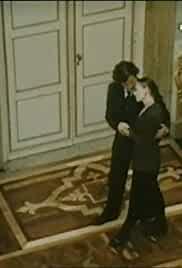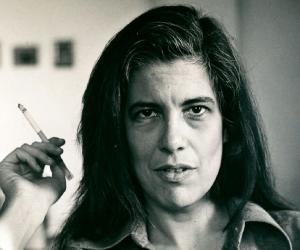


Susan Sontag was an American writer, filmmaker, philosopher, teacher, and political activist who is best known for writing essays about movies, film directors and various film genres. She is also a filmmaker with a short filmography of four films which she wrote and directed.
The first two Susan Sontag movies, 'Duett för kannibaler (Duet for Cannibals)' (1969) and 'Broder Carl (Brother Carl)' (1971), were shot and produced in Sweden and had recognizable influences of celebrated Swedish director Ingmar Bergman's reflections about the impossibility of human communication. The two films received positive and mixed reviews respectively.
Her next work, 'Promised Lands' (1974), is a documentary about the Israel and Palestine situation which managed to create outrage among both the pro-Israelis and the pro-Palestinians. Her final work, 'Letter from Venice' (1983), provides a mental tour through a hallucinatory Venice of couple on the verge of breaking up.


Tomas, a leftist revolutionary, is hired to edit and compile a few diaries of Dr. Arthur Bauer, a middle-aged German revolutionary who was exiled. Tomas is also asked to move in with Bauer. During the process, he learns about a hidden tape-recorder, which contains many of Bauer’s recordings and private messages.


This short film was one of the screen tests of famous American director Andy Warhol, which focuses on the face of an actor for around 5 minutes.
